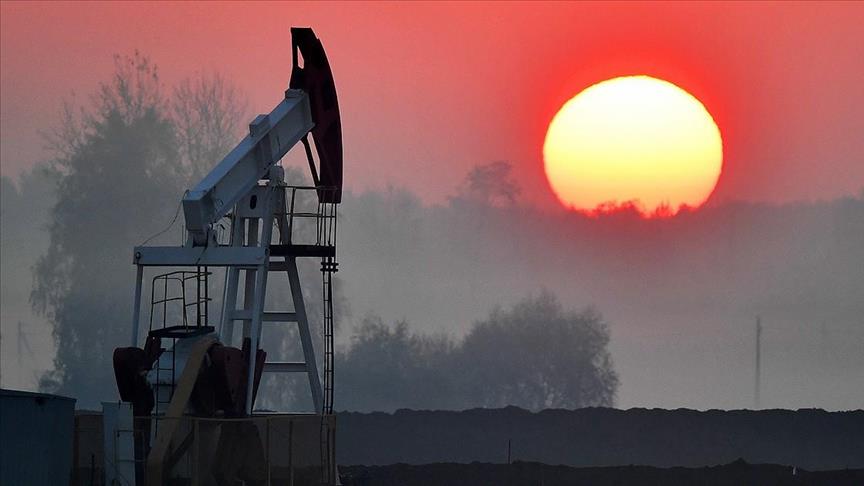

By Anadolu Agency
Oil prices rose on Tuesday over ongoing tight supply concerns after the production cut decision of major producers in OPEC+, while bearish data from China limited further price upticks.
International benchmark Brent crude traded at $85.36 per barrel at 10.07 a.m. local time (0707 GMT), a 1.40% increase from the closing price of $84.18 a barrel in the previous trading session.
At the same time, American benchmark West Texas Intermediate (WTI) traded at $80.48 per barrel, a 0.93% rise after the previous session closed at $79.74 a barrel.
Since the OPEC+ group unexpectedly agreed to cut production beginning in May, the global oil market has been under supply pressure.
Following this, Russia announced last month its intention to reduce crude oil production by 700,000 barrels per day, a larger cut than previously pledged.
-Growing inflation fears
Meanwhile, fears of weakening oil demand were intensified after China reported worse-than-expected economic data, signaling a delay in the country’s oil demand recovery.
According to the National Bureau of Statistics (NBS), China’s consumer inflation dropped last month, but manufacturing prices remained bearish.
The consumer price index (CPI) increased by 0.7% year on year in March, down from 1% in February, and reaching the weakest rate since September 2021.
However, demand concerns were eased when the World Bank on Monday revised up its global economic growth forecast for 2023 to 2%, from its previous projection of 1.7% in January.
The upward revision is due to a better outlook for China’s recovery from the coronavirus pandemic lockdowns, as well as better performance in advanced economies, especially the US, than in January when previous projections were made, World Bank President David Malpass told a media briefing in Washington.
Malpass, however, added that the banking crisis and high oil prices could put downward pressure on growth projections during the rest of this year.
According to a survey released by the Federal Reserve Bank of New York on Monday, American consumer inflation expectations rose for the first time since October last year.
We use cookies on our website to give you a better experience, improve performance, and for analytics. For more information, please see our Cookie Policy By clicking “Accept” you agree to our use of cookies.
Read More